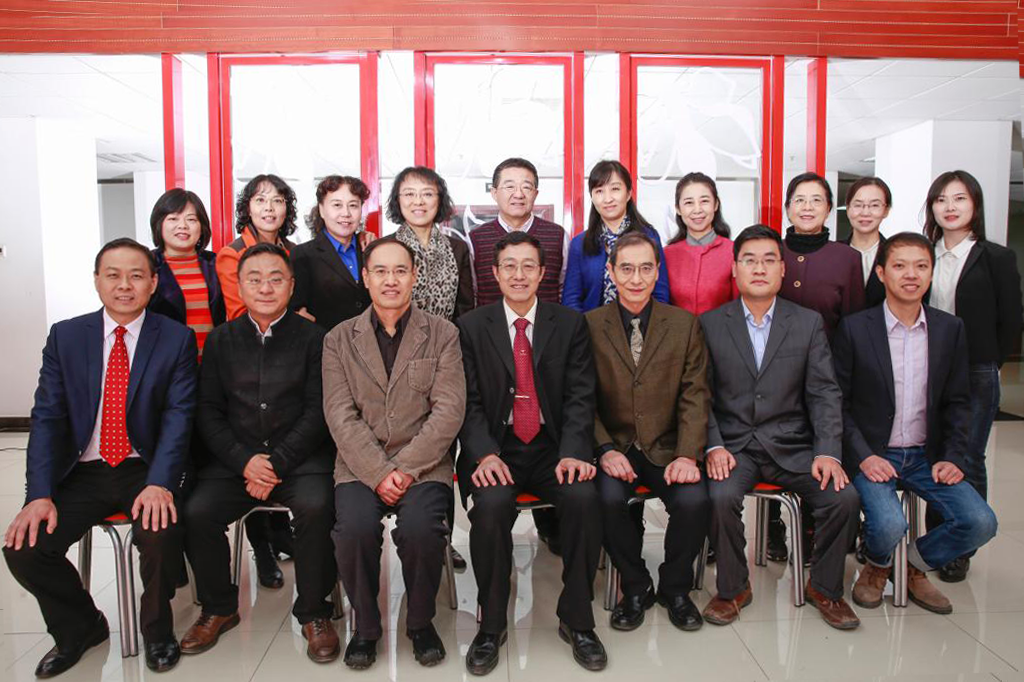Civil procedure law is a subject that studies the civil procedure system and other civil dispute resolution procedures. It is a subordinate subject of the procedural law and one of the stronger disciplines of China University of Political Science and Law.
The teaching and research team is mainly composed of excellent teachers from the Civil Procedure Law Institute. There are 20 full-time faculty members, including 9 professors, 8 associate professors and 3 lecturers. 15 of them have Ph.D. degrees; 9 have the experience of studying abroad; and 5 are under 45 years old.
The Civil Procedure Law Institute has adhered to the integration of talents cultivation and talents invitation for many years. The high-quality teaching force has already come into shape with the knowledgeable senior teachers as the leader, middle-aged teachers in their prime as the backbone and young teachers with great potential as the backup. They are leading other domestic universities in the teaching and research of the civil procedure law. All faculty members are from the first-class universities in China with high academic level and profound academic attainments. The vast majority of the middle-aged and young teachers have the experience of visiting or studying in Britain, the United States, Germany, Japan, Canada, Australia and other countries, which enables the entire team to have a strong local sentiment and deep cultural literacy, and also possess a broad international perspective and a strong critical spirit. They can enthusiastically carry out the innovative research and actively adapt to the international trend, making themselves pioneers who will lead the future direction of China's civil procedure law. In addition, the team also has a wealth of teaching experience, advanced teaching skills and strong teaching enthusiasm. They have been working hard on the front line of talent training for many years and have cultivated the backbone of China's civil procedure law, who are active in thinking, ambitious in academia and loyal in academic integrity. The Institute can be called the "dream factory" (cradle of talents) of China's civil procedure law.
The Civil Procedure Law Institute mainly undertakes teaching and research in four directions: Civil Procedure Law, Arbitration Law, Civil Evidence Law and Civil Enforcement Law. The specific fields of teaching and research include not only civil trial procedure, civil evidence and civil enforcement in civil procedure law, but also arbitration law and notarization and mediation systems. In recent years, the faculty members have undertaken a number of national, provincial and ministerial research projects, published the first (and only) series of textbooks of civil procedure law in China and many academic monographs, and released dozens of authoritative and core journal articles. This has aroused a strong and positive social response.
Many faculty members of the Civil Procedure Law Institute serve as standing directors and directors of the Association of Civil Procedure Law and Enforcement Act Institute of China Behavior Research Association. In the past few years, many of them have participated in the legislative research of the Civil Procedure Law organized by the relevant legislative departments of the National People's Congress and the demonstration activities of judicial interpretation organized by the Supreme People's Court. In recent years, many teachers have participated in the in-depth cooperation and exchange between the Enforcement Act Institute and the Executive Board of the Supreme People's Court, making outstanding contributions to promoting the implementation of the legislation of civil enforcement and solving the difficult problems in judicial practice. That has made a significant impact across the country.
The Civil Procedure Law Institute maintains close academic exchanges with many well-known foreign universities, including mutual visits between teachers and international conferences, as well as offering international courses taught by foreign experts.



